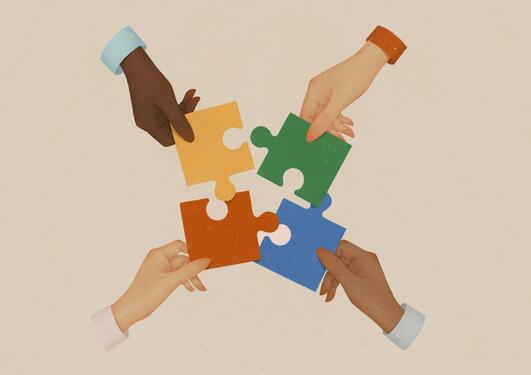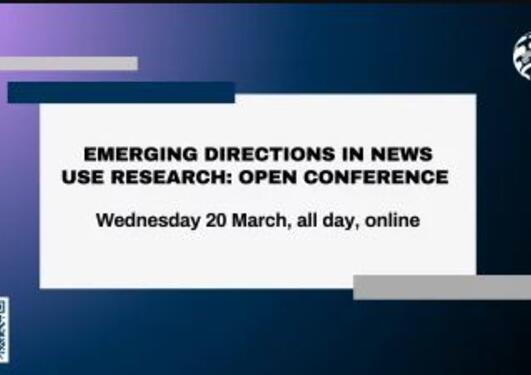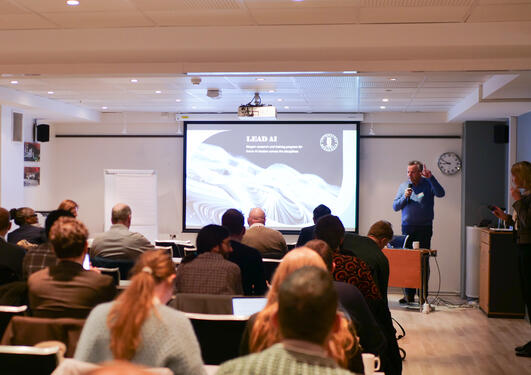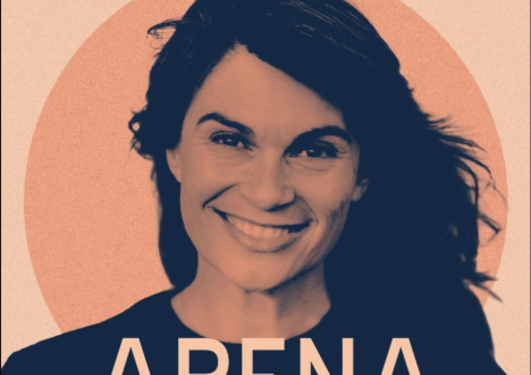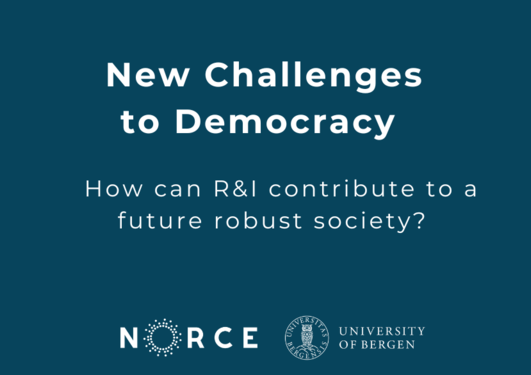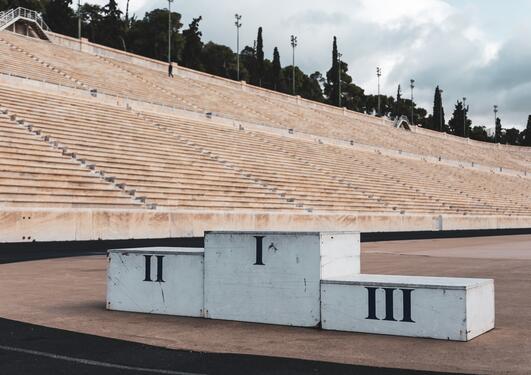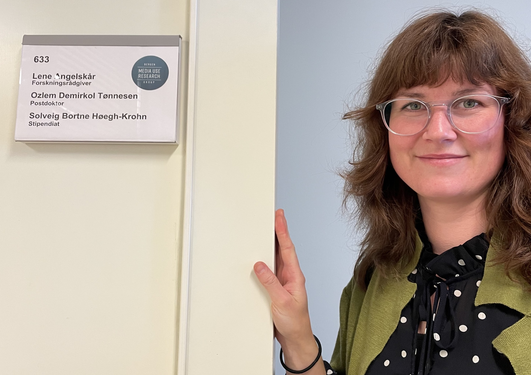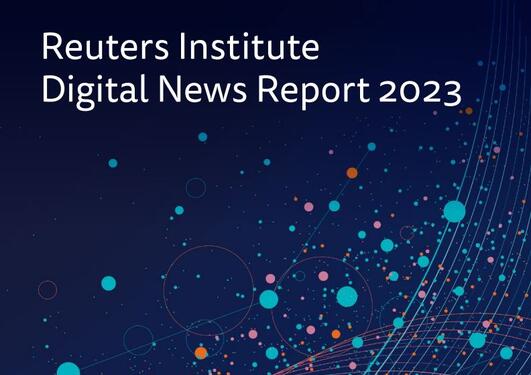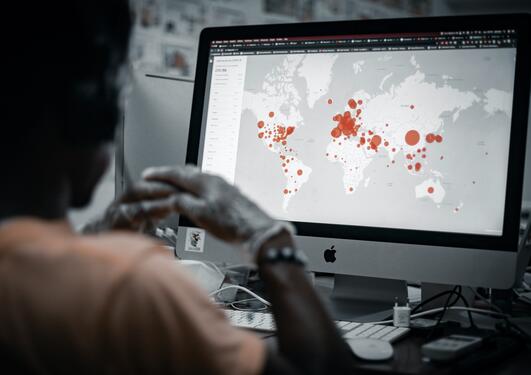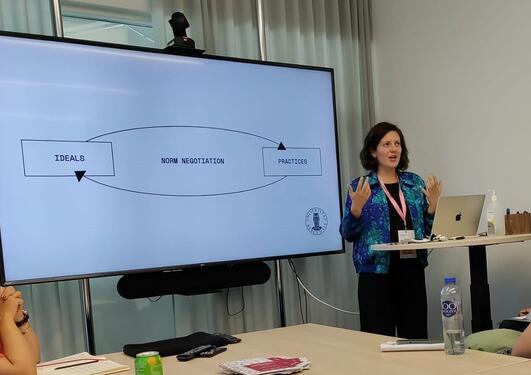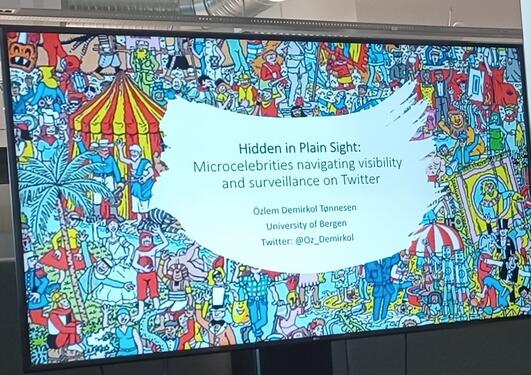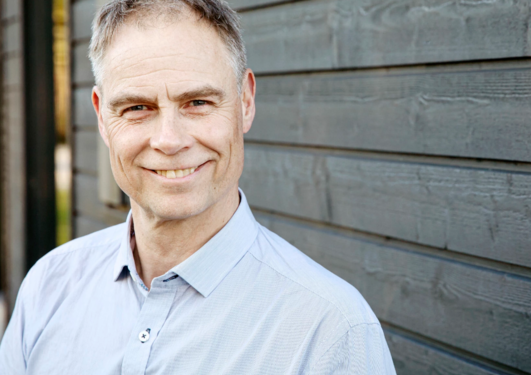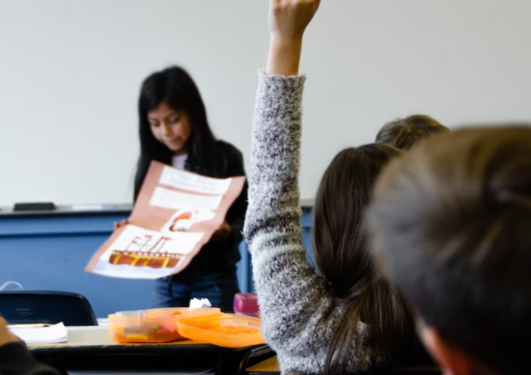News archive for Department of Information Science and Media Studies
A varied group of media and democracy experts have signed on as scientific advisors in the Prepare project.
Bergen Media Use Research Group professor Brita Ytre-Arne will hold a keynote at the conference Emerging Directions in News Use Research.
Ph.d candidate Mehri Agai has spoken to El Paìs about how digital disconnection is more demanding for adolescents than adults.
This week, the group tasked with developing future leaders in artificial intelligence gathered.
Do we need feelgood media right now? Professor Hallvard Moe visited NRK P2 Arena to discuss news and media use during times of war and societal crisis.
At this event in Brussels on 23 January 2024, researchers from the University of Bergen and NORCE presented and discussed new and pressing democracy issues with policy makers and experts from the European Commission and stakeholder organizations.
The MIX students Maria Tysse Hordvik and Julie Sophie Teilstad Østbye participated with their LifeLens prototype at Lifelog Search Challenge 2023 in Greece.
The Centre for Investigative Journalism (SUJO) is launching a master course in Artificial Intelligence designed for full-time journalists.
"It is unfortunate that serious researchers portray AI as human-like and attribute various good and bad human qualities to the systems. Machines do not think; they compute", writes Bjørnar Tessem in Dagen Næringsliv.
Solveig Høegh-Krohn joins the PREPARE research team to study people's connection to public sphere in rural Norway.
Compared to many other countries, Norwegian readers do not shy away from news about politics. This and other insights from the Reuters Digital News Report and its Norwegian sub-report were presented by Janne Bjørgan at Fritt Ord.
New paper by Hallvard Moe, Torgeir Uberg Nærland and Brita Ytre-Arne discusses people’s news experiences before, during and after societal crisis situations.
As part of the NordMedia conference 2023 in Bergen, PREPARE organized a panel on the project's theoretical ambitions.
New PREPARE postdoctoral researcher Özlem Demirkol Tønnesen explains turkish political twitter.
Jens Kjeldsen argues that much of what is considered traditional communication – such as lectures and presentations – is invisible, because it takes place in forums that are not public to everyone.
Young people struggle with permanent online connection that is associated with their generation. Ph.d fellow Mehri Agai has studied teenagers’ affective relationship to connectivity and disconnectivity, and how it is socioculturally influenced by the media, family, and peers.
Member of the Research Group Ida Andersen takes a closer look at the Children's New Year's speech from 2022 and discusses how children's speeches can and should be evaluated.
Norsk Medietidskrift (NMT) has conferred the Research Paper of the Year award to ph.d fellow Marianne Borchgrevink-Brækhus.
Pages
- December 2025 (1)
- November 2025 (1)
- September 2025 (1)
- August 2025 (2)
- June 2025 (1)
- April 2025 (6)
- March 2025 (1)
- February 2025 (5)
- January 2025 (2)
- December 2024 (3)
- November 2024 (2)
- October 2024 (4)
- September 2024 (4)
- August 2024 (2)
- June 2024 (2)
- May 2024 (1)
- April 2024 (1)
- March 2024 (2)
- February 2024 (3)
- January 2024 (5)
- December 2023 (8)
- November 2023 (3)
- October 2023 (3)
- September 2023 (1)
- August 2023 (3)
- June 2023 (4)
- May 2023 (9)
- April 2023 (1)
- February 2023 (3)
- January 2023 (5)
- November 2022 (3)
- October 2022 (2)
- September 2022 (1)
- June 2022 (1)
- March 2022 (6)
- February 2022 (4)
- January 2022 (1)
- December 2021 (4)
- November 2021 (2)
- October 2021 (2)
- September 2021 (2)
- August 2021 (1)
- June 2021 (1)
- April 2021 (2)
- March 2021 (2)
- January 2021 (1)
- December 2020 (3)
- September 2020 (1)
- June 2020 (1)
- May 2020 (4)
- March 2020 (1)
- February 2020 (2)
- January 2020 (1)
- November 2019 (4)
- October 2019 (1)
- June 2019 (3)
- May 2019 (3)
- March 2019 (1)
- February 2019 (1)
- January 2019 (1)
- December 2018 (2)
- November 2018 (2)
- December 2017 (1)
- April 2017 (3)
- March 2017 (1)
- February 2017 (2)
- January 2017 (1)
- June 2015 (1)
- February 2015 (2)
- October 2013 (1)
- September 2013 (1)
- May 2013 (1)
- April 2012 (2)
- March 2012 (1)
- December 2009 (1)
